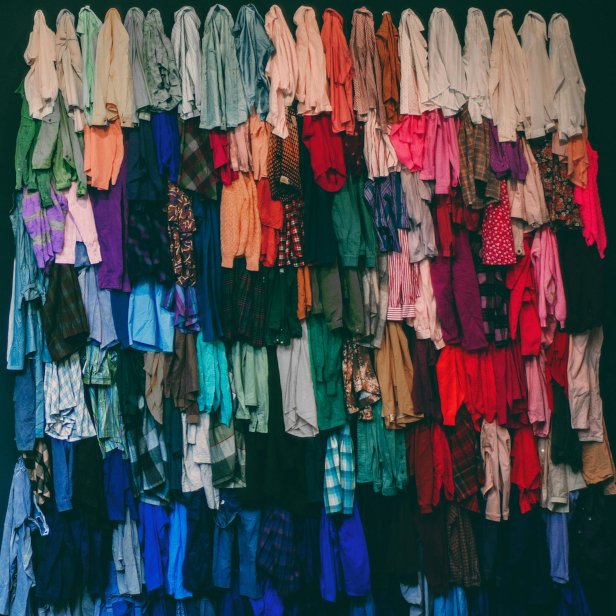In fashion, the appeal of ever-changing trends often translates into a culture of over-consumption.
From a business model standpoint, this voracious appetite for new styles fuels profits. The fashion industry thrives on a model that relies on frequent turnover of products, enticing consumers to constantly purchase the latest designs. This perpetual cycle generates revenue streams for brands, but it comes at a significant cost to both the consumer’s psychology and the environment.
Consumer psychology plays a key role in perpetuating the cycle of over-consumption in fashion. The desire for novelty and the fear of being left behind drive individuals to continuously seek out the latest trends. Marketers capitalize on these psychological triggers, employing strategies that instill a sense of urgency and exclusivity, compelling consumers to make impulsive purchases. This relentless pursuit of newness not only creates a cycle of dissatisfaction but also fosters a culture of disposability, where garments are discarded after minimal use, contributing to massive amounts of waste.
The environmental consequences of fashion overconsumption are staggering. The production of clothing consumes vast quantities of natural resources, including water, energy, and raw materials. Moreover, the disposal of clothing contributes to pollution and landfill overflow, exacerbating environmental degradation. The carbon footprint of the fashion industry rivals that of aviation and maritime shipping combined, making it one of the most significant contributors to climate change.
Despite the urgent need to address the environmental consequences of such production-consumption model, SANE Standard faces challenges in addressing overconsumption. This omission stems from the complexity of quantifying and regulating consumer behavior within a certification framework. Unlike tangible measures relating to the production phase, such as the use of chemicals or workers’ remuneration, overconsumption is a post-production multifaceted issue influenced by individual choices, societal norms, and cultural factors.
Copy partner: Sustain Your Style; Picture: Maria Orlova
